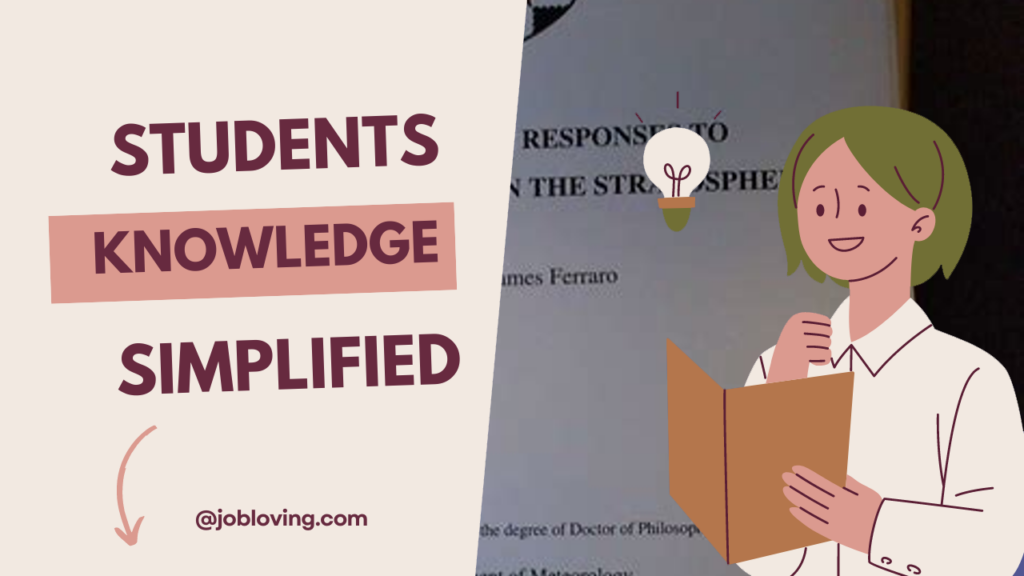Are you considering a PhD but feeling the pressure of writing a thesis? Well, breathe easier, because a doctorate degree without a thesis is entirely possible! In fact, many programs offer alternative pathways that don’t involve the dreaded dissertation, allowing you to still achieve your academic dreams without the traditional hoops to jump through. Instead of writing reams of research, students often complete a capstone project, take a comprehensive exam, or undertake a final project showcasing their mastery of the subject matter.
You might be surprised to learn that plenty of those who’ve tackled non-thesis master’s programs have transitioned into successful PhD candidates. Admissions committees typically evaluate real-world experience gained through internships as highly as traditional thesis research. Especially in fields prioritizing practical skills, demonstrating your work through projects or experiential learning can often outweigh the absence of a thesis.
For example, let’s consider strong letters of recommendation. They can significantly fortify your application, proving that you have a solid understanding of your field and the potential to succeed in rigorous academic pursuits. If you’ve completed impactful projects during your master’s, those experiences don’t just count—they can elevate you as a candidate capable of conducting independent research.
It’s also essential to know that many PhD programs, especially in the U.S., do not demand a master’s degree to apply. In some cases, even a solid bachelor’s degree with ample research experience is enough. Even in countries like the UK and Germany, a master’s thesis isn’t necessarily a barrier to entering a PhD program.
Research accomplishments can really sparkle on your application. Whether you’ve got published articles, substantial projects from your master’s program, or relevant industry experience, these elements can all shine brightly in your favor. Moreover, interdisciplinary doctoral programs often appreciate diverse research interests, so don’t feel trimly boxed into your past studies.
The movement towards non-traditional doctoral pathways is gathering pace, mirroring the evolving landscape of education and the demand for practical, applied learning. Whether you’re targeting healthcare administration, education, business, or psychology, many programs now embrace alternatives to conventional dissertations, which can streamline your journey.
If you’re still grappling with whether a PhD without a thesis could work for you, remember this: exploring your unique motivations for pursuing a doctorate can be just as telling as the academic requirements themselves. It’s not just about ticking boxes; it’s about choosing a path that aligns with your goals. So if you’re looking for flexibility in your studies while maintaining broad access to career opportunities, self-exploration and targeted project work might just serve as your golden ticket to graduate-level success.
Can I pursue a PhD if I have a non-thesis master’s degree?
Yes, many PhD programs accept candidates with non-thesis master’s degrees. Admissions committees often prioritize research experience, publications, and strong letters of recommendation over the presence of a master’s thesis.
How important is research experience for PhD applications without a thesis?
Research experience is crucial for PhD applications, especially for candidates without a thesis. Demonstrating independent research capabilities through projects, internships, or publications can significantly enhance your application.
What alternatives to a thesis can strengthen my PhD application?
Completing a master’s “essay,” engaging in significant projects, or obtaining strong letters of recommendation can serve as effective substitutes for a thesis. Additionally, showcasing practical experience through internships can also bolster your application.
Are there specific countries where a master’s degree is not required for PhD admission?
Yes, many countries, including the U.S., UK, and India, allow students to enter PhD programs without a master’s degree. In some cases, direct admission from a bachelor’s degree is possible, reflecting a growing trend in academia.

